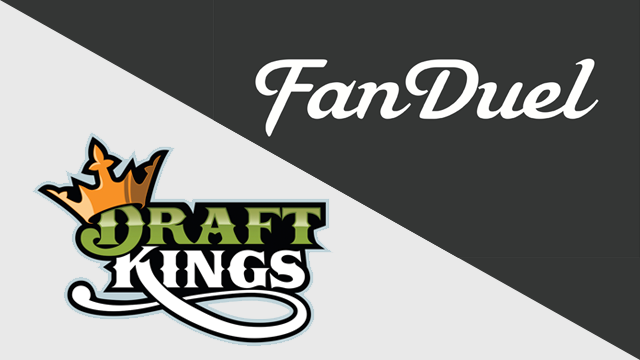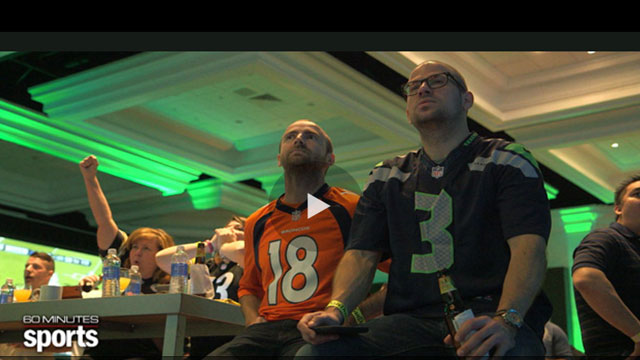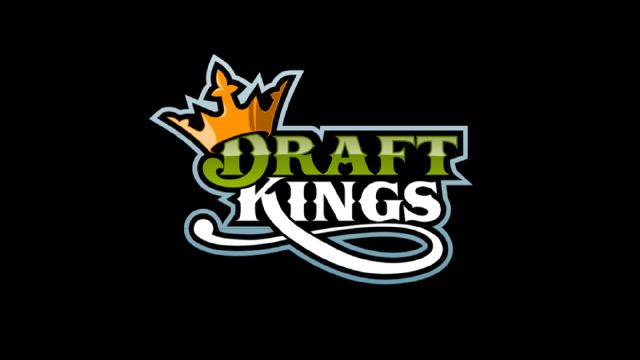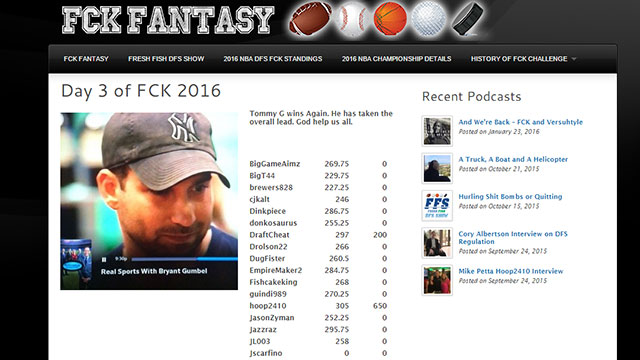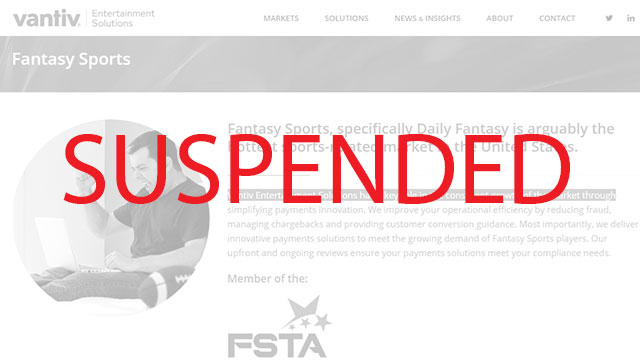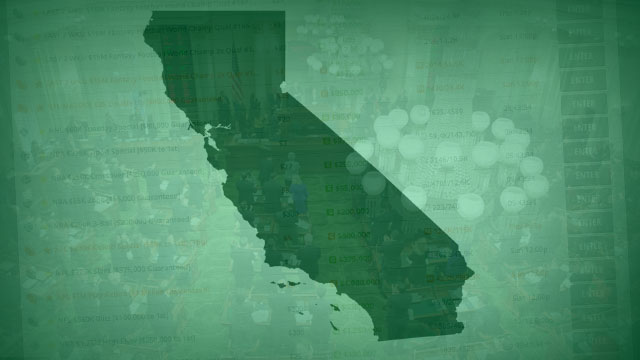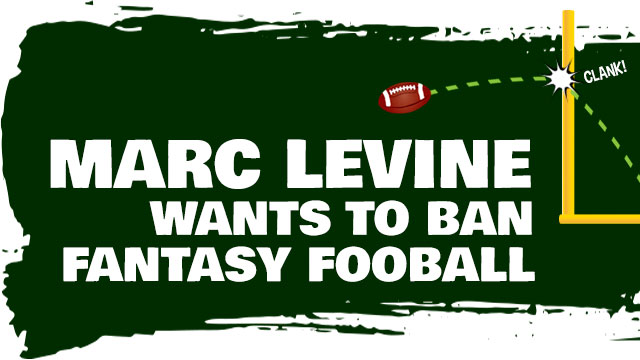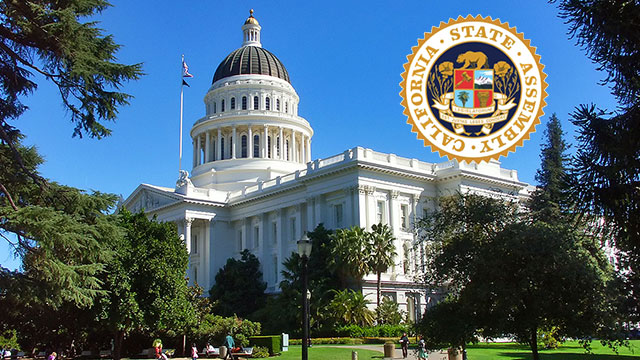Bad news just keeps piling up on daily fantasy sports.
With an increasing number of attorneys general saying DFS contests are illegal gambling in their states, the industry is fighting for survival on the legal front. Meanwhile, the optics battle has seemingly already been lost, with numerous arbiters fawning over Tuesday night’s New York Times/Frontline piece that contained few revelations and less cohesion.
Some of this derision, the industry brought on itself. The advertising strategy was the PR equivalent of indiscriminate carpet bombing and anecdotally seems to have turned off at least as many prospective customers as it attracted.
And then there’s the industry’s ongoing insistence that it isn’t gambling—an understandable stance, given the United States’ archaic gambling laws, but not one that’s often going to pass the smell test under the close examination of impartial minds.
All of which is bound to affect the bottom line of the industry’s leading companies, FanDuel and DraftKings, and in the last two days, evidence is mounting that it already has.
On Tuesday, the Boston Globe reported that Twenty-First Century Fox had written down significantly its investment in DraftKings, from $160 million in July to about $65 million in a recent filing with the Securities and Exchange Commission.
Later in the same day, a story broke that the blockbuster marketing agreement between ESPN and DraftKings had been dissolved.
The deal, which epitomized DraftKings’ summer of 2015 swagger, had the company on the hook for a sum reportedly north of $200 million per year. While DraftKings is likely happy to have wriggled free of that commitment, it also represents how swiftly the company has fallen. Along with valuable and pervasive brand integration, the deal included exclusive advertising rights among DFS operators to ESPN’s platforms that could’ve solidified DraftKings’ status as industry leader.
Unspared from the carnage, FanDuel confirmed Wednesday that it will be laying off 55 employees from its Florida branch less than a year after it opened with the hiring of 38 former Zynga employees in May. The Orlando Sentinel reports that the local office will remain open with roughly 20 employees.
“We did have a group of developers in the Orlando office that were focused on (research and development) for ancillary games and applications that we will not be investing in moving forward,” FanDuel told the Sentinel via written statement.
In some ways, the tribulations at DraftKings and FanDuel aren’t unique among their cohorts. The Globe notes that numerous other tech startups have had their value marked down by investors recently, and USA Today reported last month that layoffs at similarly situated companies are on the rise.
Of course, unlike the DFS unicorns, most of those companies aren’t also saddled with an ever-sinking public perception and cascading questions regarding their legal right to do business.
But that doesn’t necessarily mean DFS is doomed. Industry-friendly legislation has been introduced in a growing number of states, and in some is speeding through the legislative process.
That sets the path toward a clearly legal, regulated future, and while six months ago that might have seemed like a consolation prize, at this point it seems more like a best-case scenario.
AROUND THE WEB
- An in-depth look at Starlizard, one of the world’s most successful betting consultancies/syndicates.
- Season betting review for all 32 NFL teams (ESPN Insider).
- Las Vegas Review-Journal editorial: NFL’s anti-betting stance doesn’t hinder Nevada’s handle.
- California Tribes seeking opportunity, answers on daily fantasy
- In Pennsylvania, sports betting, online poker stays ahead of DFS regulation
- Airport gambling could soon become a reality.
LOOK WHO’S TALKING
“Well, the fact is, we just don’t know what’s going on in there.”—New York Attorney General Eric Schneiderman on his office’s investigation into FanDuel and DraftKings
“The current model of extensive advertising and marketing budgets is probably no longer viable. The additional regulation and cost of regulatory compliance likely means the end of significant advertising and it may mean a reduction in future private investment in the industry.”—Gaming lawyer Jeffrey Ifrah on the current state of the daily fantasy industry
TWEETS OF NOTE
Someone needs to get this guy as far away from the cameras as possible. pic.twitter.com/J1OLa1vnOD
— Haralabos Voulgaris (@haralabob) February 10, 2016
Reminder as DraftKings valuation decreases: The company has never been profitable — Darren Heitner (@DarrenHeitner) February 10, 2016
ODDS & ENDS
- William Hill US has released its 2016 Heisman Trophy odds.
- NCAA tournament’s first round will again refer to Thursday, Friday games.
- Markieff Morris gets into shoving match with teammate Archie Goodwin, season of discontent continues
- Browns linebacker indicted on felony drug charges.
ODDSMAKER’S TAKE
“A lot of people are talking 10-1 or 100-1, but I would make it much lower. It’s a lot closer to happening than we once thought. I have the lowest odds on the Raiders being here. It should be less than 10-1.” —Jimmy Vaccaro, veteran oddsmaker at the South Point sports book on Las Vegas’ chances of landing an NFL team.
